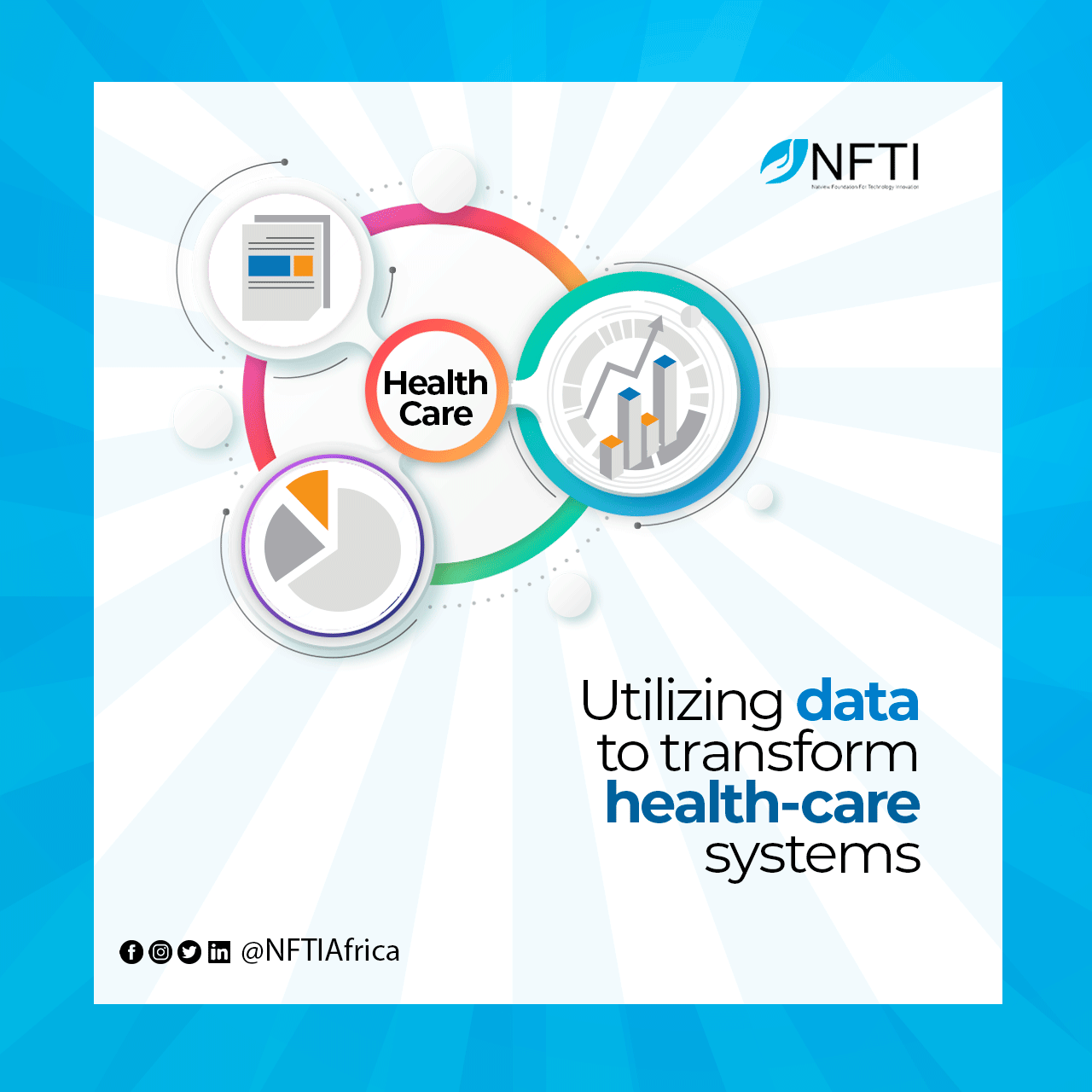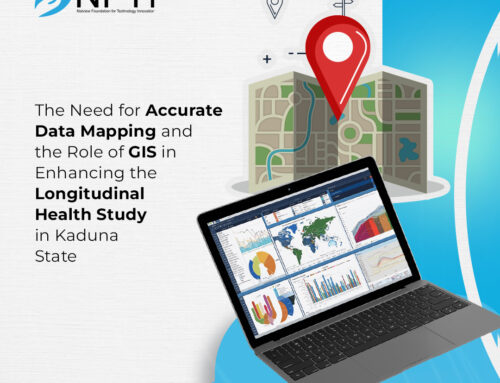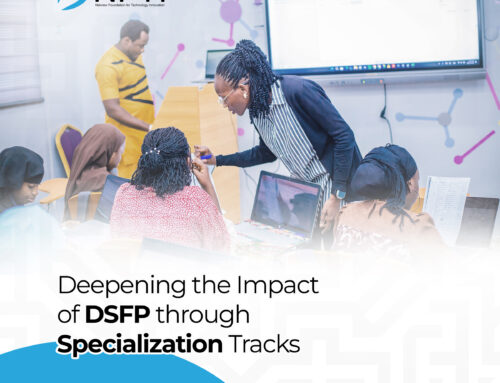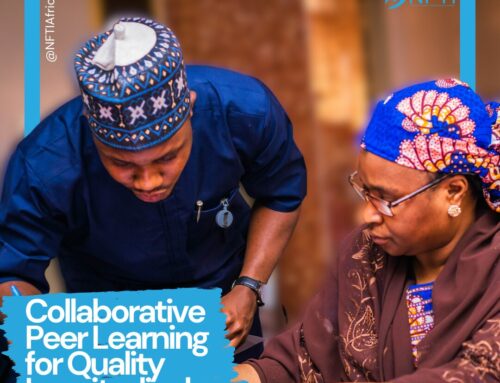The Natview Foundation for Technology Innovation is working with the Kaduna State Government through the State Ministry of Health and International Partners to transform the Primary Healthcare Services in the state. The Ministry is working to achieve a total transformation of its Primary Healthcare Centers by making use of data-driven digital health solutions. These solutions will enhance outcomes, boost productivity, and save costs for the government.
Easy access to primary healthcare services is essential for effective health systems. The World Health Organization (WHO) recommends measures to ensure quality primary healthcare services in Nigeria because primary health care has improved community health in low and middle-income states.
The Integrated Supportive Supervision (ISS) is a strategy that supports the delivery of high-quality data for the best possible outcomes by improving communication, fostering teamwork to solve problems, and providing mentorship to encourage health care facilities and providers to supervise, monitor, and improve their individual and collective performance. The Kaduna state government implemented the ISS to monitor and evaluate the state’s primary and secondary health care facilities. The exercise takes place weekly and quarterly every year.
The Kaduna State Ministry of Health brought together relevant Non-Profit Organizations to assist the Ministry in carrying out the Integrated Supportive Supervision (ISS) with the goal to help improve the health care services in Kaduna state by monitoring and evaluating the facilities, staff members, buildings, condition of their equipment, and ensuring that they meet the minimum service package requirements. They accomplish this through surveys and analyses carried out by the various Non-Profits; which include NFTI, Solina, and ehealth4everyone.
Natview Foundation for Technology Innovation (NFTI) assists in digitizing the questionnaires used in collecting data, as well as analyzing the data collected by the ministry of health employees and the State Primary Health Care Board (SPHCB). They also monitor the data collected, ensuring that the field workers are doing their jobs and not collecting false data, using a set of standard operating procedures, which is a set of guidelines on how the data should be collected. This format examines factors such as the average amount of time it takes to collect data and the number of staff strengths for a given facility: Public health facilities, for example, have a minimum of zero doctors and a maximum of one, while the number of doctors in private health facilities varies.
Following a series of analyses, NFTI visualizes this data on a dashboard, which is then deployed on the ISS Web App. The best-ranking facilities are green, the average ranking facilities are orange, and the poor working facilities are red. It makes it easier to track the performance of those facilities in which stakeholders can now determine which facilities require support based on priority. The ISS also informs the government about which facilities should be licensed and certified.
Kaduna is the first state in Nigeria to digitalize the ISS process, which eliminates the need to sift through stacks of paper to determine which health care facilities are performing well or not. NFTI will continue to use data to bring improvements around strategic policymaking for positive health outcomes.
Contributions by: Oyeboade Victoria, Ibrahim Sani, Faiza Sani, and Olubunmi Olorunpomi





